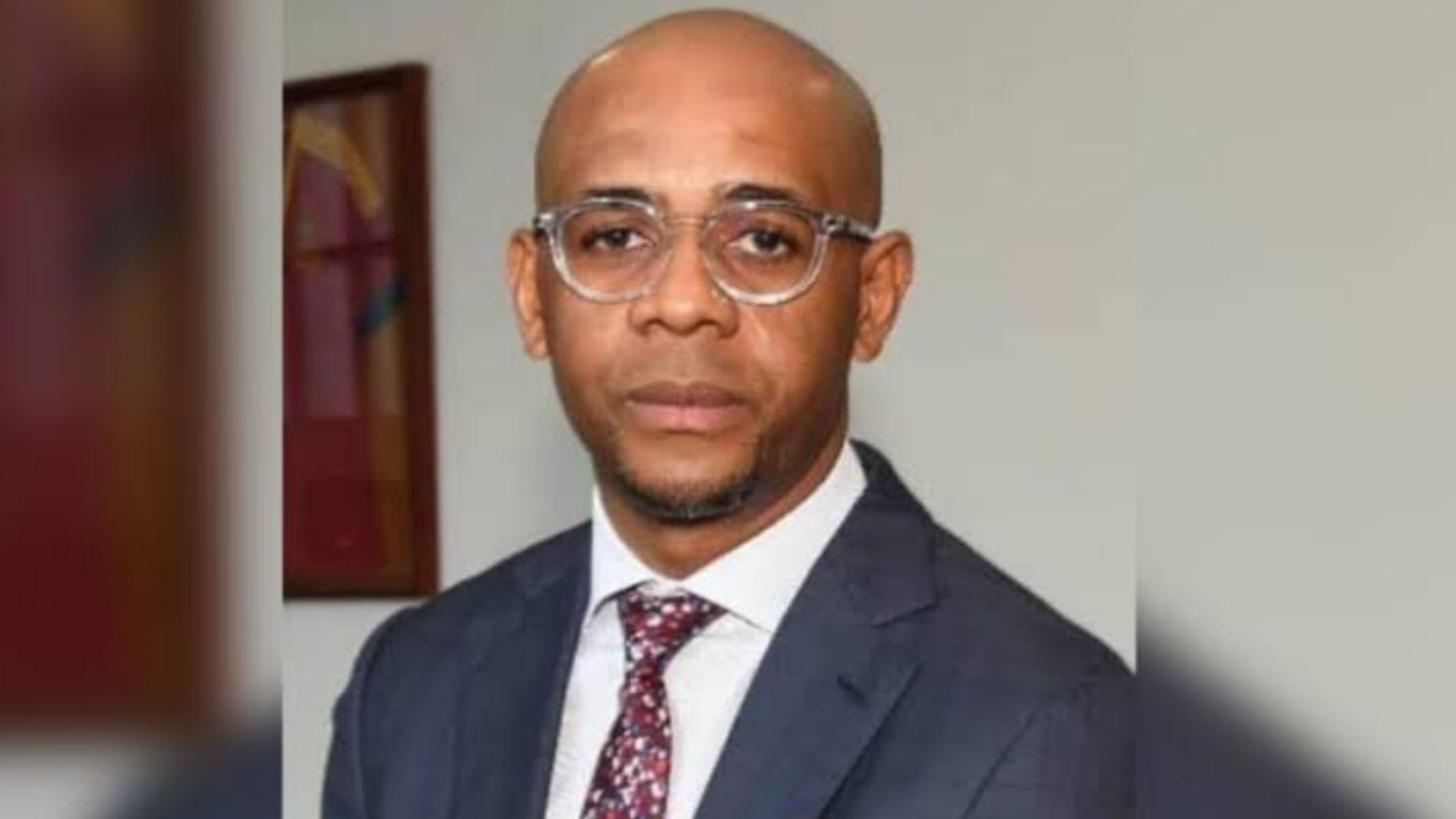Equatorial Guinea is embroiled in a sex scandal involving a senior government official, Baltasar Ebang Engonga, after explicit videos purportedly showing him surfaced on social media. Since the videos leaked online, misinformation and speculation have circulated widely. Here’s what we know about the scandal, the government response, and the facts behind viral claims.
Who is Baltasar Ebang Engonga?
54 year-old Baltasar Ebang Engonga is the Director General of Equatorial Guinea’s National Financial Investigation Agency (ANIF), tasked with overseeing financial investigations and curbing corruption. Engonga, a married father of six, plays a significant role in maintaining the country’s financial transparency. He is also the son of Baltasar Engonga Edjo, chairman of the Central African Economic and Monetary Community’s Commission.
Engonga’s prominence makes him one of the most influential figures in Equatorial Guinea, which is ruled by President Teodoro Obiang, the world’s longest-serving president.
What Do the Videos Show?
According to local media, hundreds of explicit videos were discovered during a raid on Engonga’s home, conducted as part of a broader corruption investigation. The footage, showing Engonga in intimate acts with several women—including some believed to be wives of other powerful figures—has stirred significant controversy. The videos were leaked online, spreading rapidly across platforms like Twitter and Telegram.
Reports indicate that around 400 videos have been shared, but Reuters has been unable to verify the identities of the women. The videos are considered a severe breach of privacy and have raised concerns about government transparency and the misuse of public office. The government has further warned it’s citizens not to share the videos henceforth.
Government Response
The government, led by Vice President Teodoro Nguema Obiang Mangue, has taken immediate action. Mangue ordered the installation of surveillance cameras in courts and government offices, emphasizing the need to address indecent behavior among public officials. The Vice President has also summoned the Supreme Court President, Attorney General, and other senior officials to create a strategy to prevent similar incidents.
As part of the crackdown, officials identified in the videos have been suspended, and penalties for government staff failing to uphold their duties have been intensified. Security measures within government offices have been strengthened, with surveillance upgrades seen as a preventive measure to protect the administration’s integrity.
The Viral Skit and Misinformation
Amid the scandal, a video circulating on Twitter shows a man purportedly confronting his wife about one of the leaked videos. However, this video has been debunked as a skit, performed by local comedians to parody the scandal’s impact. Neither the individuals in the skit nor the scenario portrayed have any connection to Engonga’s case. Such misrepresentations have contributed to the misinformation surrounding the incident, with many mistaking the skit for real footage.
Equatorial Guinea in Context
Equatorial Guinea, a nation of about 1.7 million people on Africa’s west coast, has a complex history under President Obiang’s 45-year rule. Although the country ranks as an upper-middle-income nation, with a GDP per capita of approximately $6,000 and an economy fueled by oil production of 200,000 barrels per day, corruption remains pervasive. This scandal has brought renewed scrutiny to the government, highlighting challenges in the country’s pursuit of transparency.
While the scandal involving Baltasar Ebang Engonga has attracted international attention, misinformation has muddied the waters. It remains essential to differentiate fact from fiction as the government takes steps to restore public trust and reinforce standards among its officials. With preventive measures now in place, Equatorial Guinea’s leaders are working to move past this incident and refocus on governance.
